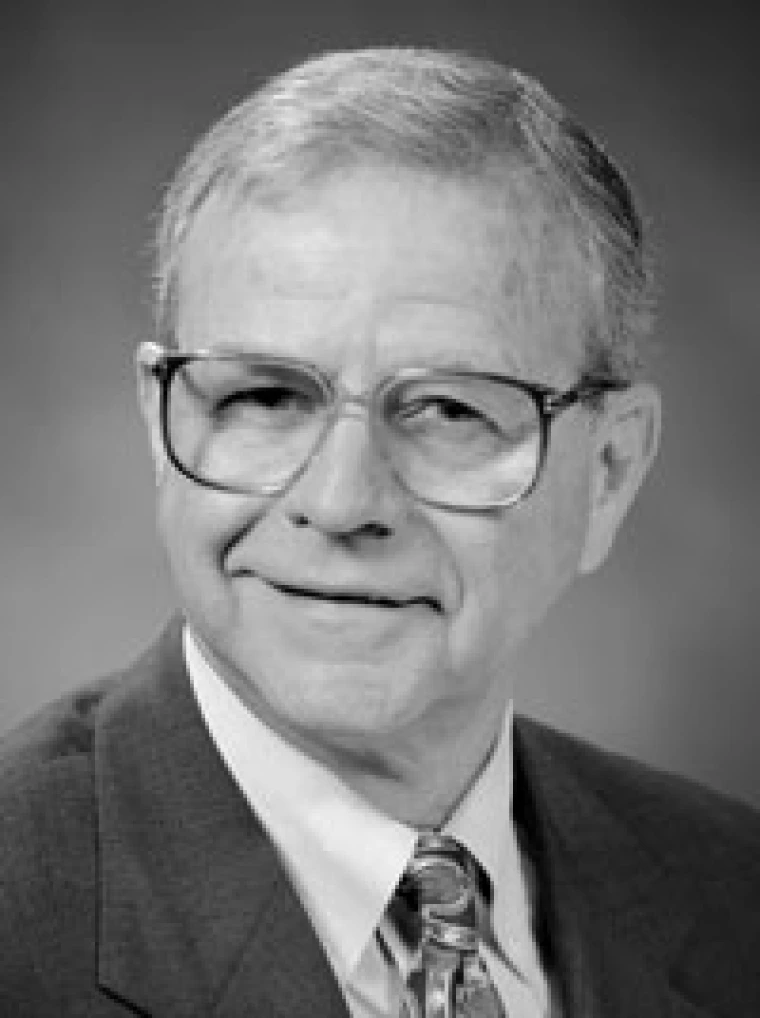Paul S. Sypherd

Years: 1997
Presidential Order: Interim President
Paul S. Sypherd was appointed interim president of the University of Arizona in 1997. He also served as provost and senior vice president from 1993-2000. Sypherd’s tenure as the chief academic officer focused on the undergraduate experience while maintaining support for the University’s growing reputation as a Research University. In addition, he renewed an emphasis on improved working conditions for staff and faculty. This effort included institutional support for child care, staff skill improvement, and a dramatic improvement in faculty-administration relations by way of a strengthened Faculty Senate. All of these achievements were accomplished in the midst of a nationwide budgetary crisis facing all of higher education.
Sypherd was born on Nov. 16, 1936, in Akron, Ohio. His family moved to Goodyear, Ariz., during WWII. He acquired all of his early education in schools in Avondale, Peoria and Glendale. He earned his Bachelor of Science in microbiology at Arizona State University in 1959 and a master's degree in microbiology from the University of Arizona in 1960. Sypherd then received a fellowship to Yale University and completed his doctorate in microbiology in 1963. Following postdoctoral research at the University of California, San Diego, he accepted an assistant professor position at the University of Illinois and served on the microbiology faculty from 1964-1970. While there he carried out noteworthy research in nucleic acids and protein synthesis. In 1970 Sypherd was recruited to the University of California, Irvine, as an associate professor in the School of Medicine. He served as department chair of microbiology and molecular genetics from 1974-1987, directed the Medical Scientist Program from 1987-89, and served as vice chancellor for research and dean o graduate studies from 1989-1992. He became a full professor in 1992, the same year that he was recruited to the University of Arizona.
Sypherd is married to Linda Sypherd and has six children and eight grandchildren.
During Sypherd’s career he served on numerous state, regional and national boards and organizations, including the National Institutes of Health, the American Society for Microbiology, the American Society of Biological Chemistry and Molecular Biology, the American Academy for Microbiology, and the Arizona State Board of Pharmacy. He received international recognition for his research on bacterial nucleic acids and fungal molecular biology, and published over 100 scientific articles. He also earned various teaching awards and recognitions throughout his teaching and research career.
In 2002 Sypherd retired from the University of Arizona and was appointed Provost Emeritus, and Professor Emeritus of Molecular and Cellular Biology.

